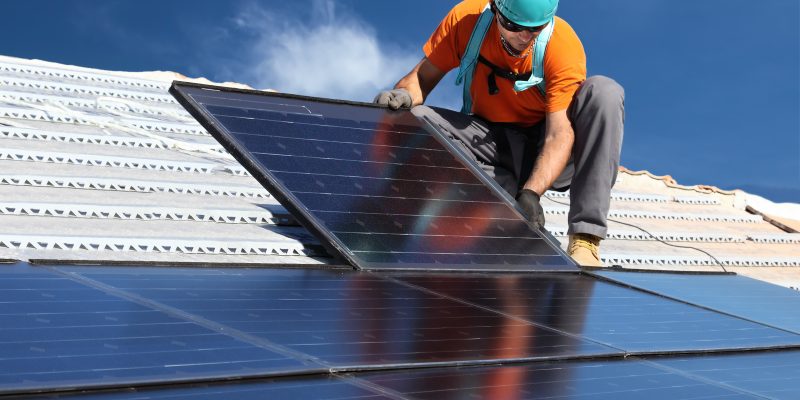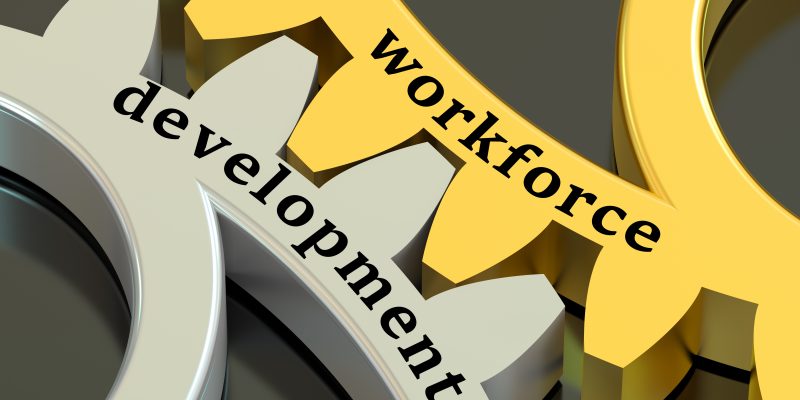The National Law Review
Friday, June 17, 2022
On November 15, 2021, President Joe Biden signed the $1.2 trillion Infrastructure Investment and Jobs Act into law, which is popularly known as the Bipartisan Infrastructure Law (“BIL”).
The BIL is estimated to create an additional 800,000 jobs. The United States Department of Labor (“DOL”) contends that such new jobs will “expand the middle class, revitalize our nation’s transportation, communications and utility systems and build a more resilient, reliable, and environmentally sound future.” The White House asserts that the BIL will provide protection to “critical labor standards on construction projects,” as a substantial portion of the construction projects included in the BIL will be subject to requirements of the Davis-Bacon Act (“DBA” or the “Act”).
While the BIL provides new revenue sources and opportunities for construction projects, federal contractors and subcontractors should ensure that their businesses comply with the DBA’s prevailing wage rates and labor standards requirements.
…
Practical Consideration in Compliance with DBA
Federal contractors and subcontractors should ensure that covered workers are properly classified for the work such individuals perform and paid in accordance with the prevailing wage rate for their classification.
Employers will often face recordkeeping challenges when they have nonexempt employees who perform covered (manual) work and non-covered (administrative) work in the same workweek.
In such instances, the employer must determine whether the employee is salaried or paid hourly. If the employee is salaried, the employer must determine whether the employee’s salary is greater than or equal to the prevailing wage rate for the employee’s classification. If not, the employer contractor is required to increase the employee’s pay for the week the covered work is performed.
Likewise, if the employee is paid hourly, then the employer must ensure the employee’s hourly rate is greater than or equal to the prevailing wage rate for the employee’s classification.
Federal contractors and subcontractors could face various consequences due to their failure to comply with the DBA, ranging from termination of the federal contract and debarment to a contracting agency withholding money due to the contractor to cover back wages due to employees as well as criminal prosecution. Accordingly, federal contractors and subcontractors should consult with legal counsel to ensure they comply with the various DBA requirements for any covered contracts.



